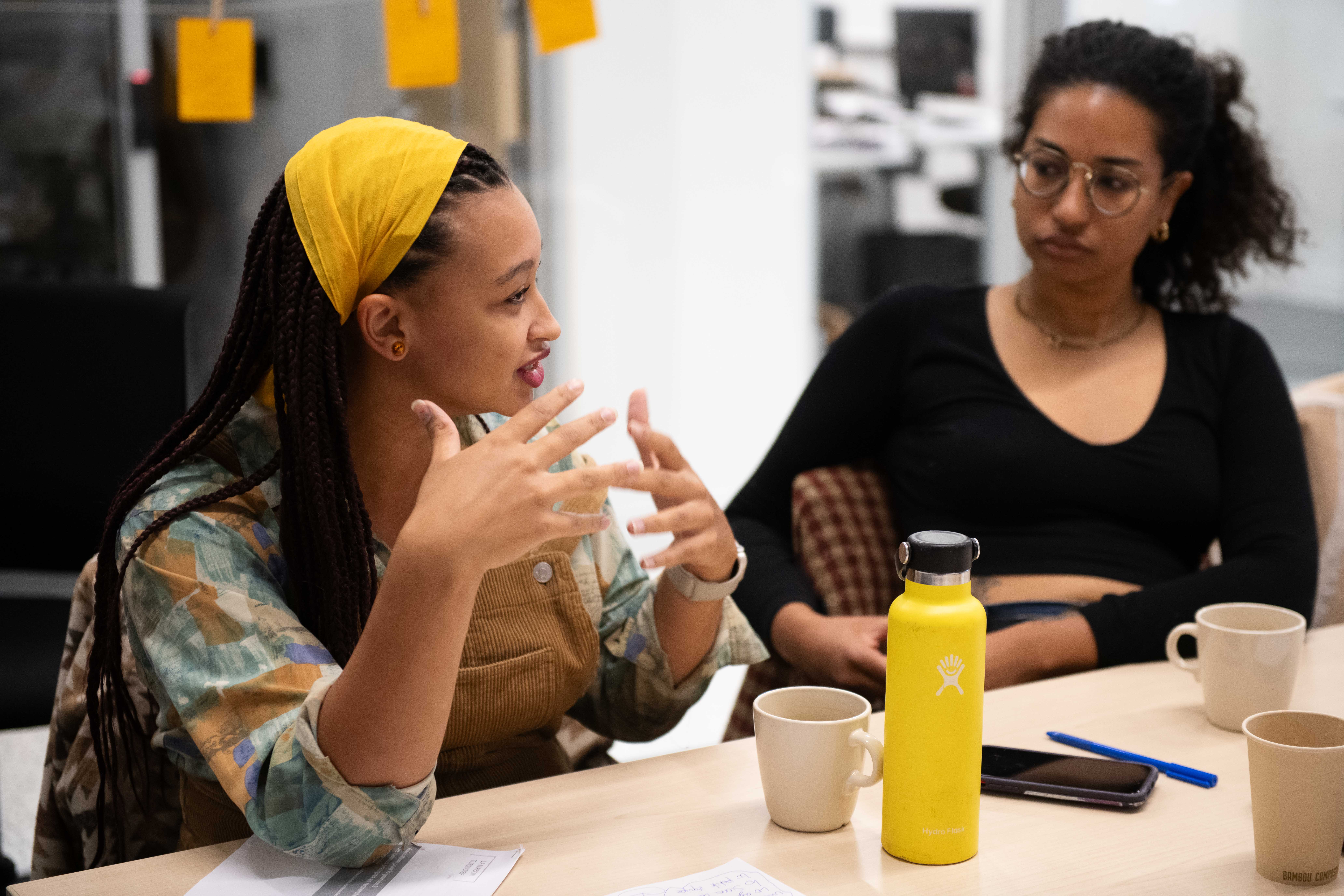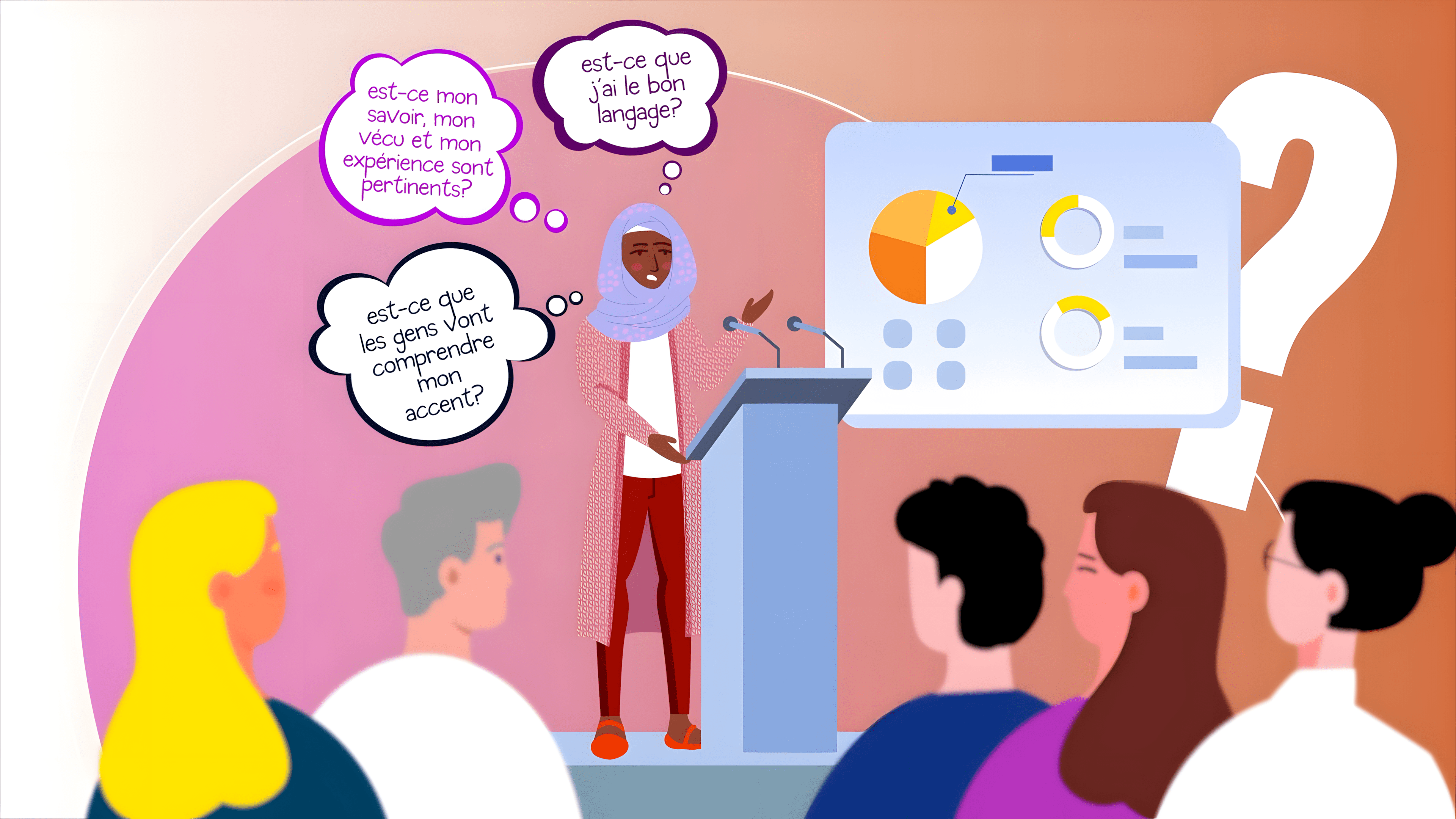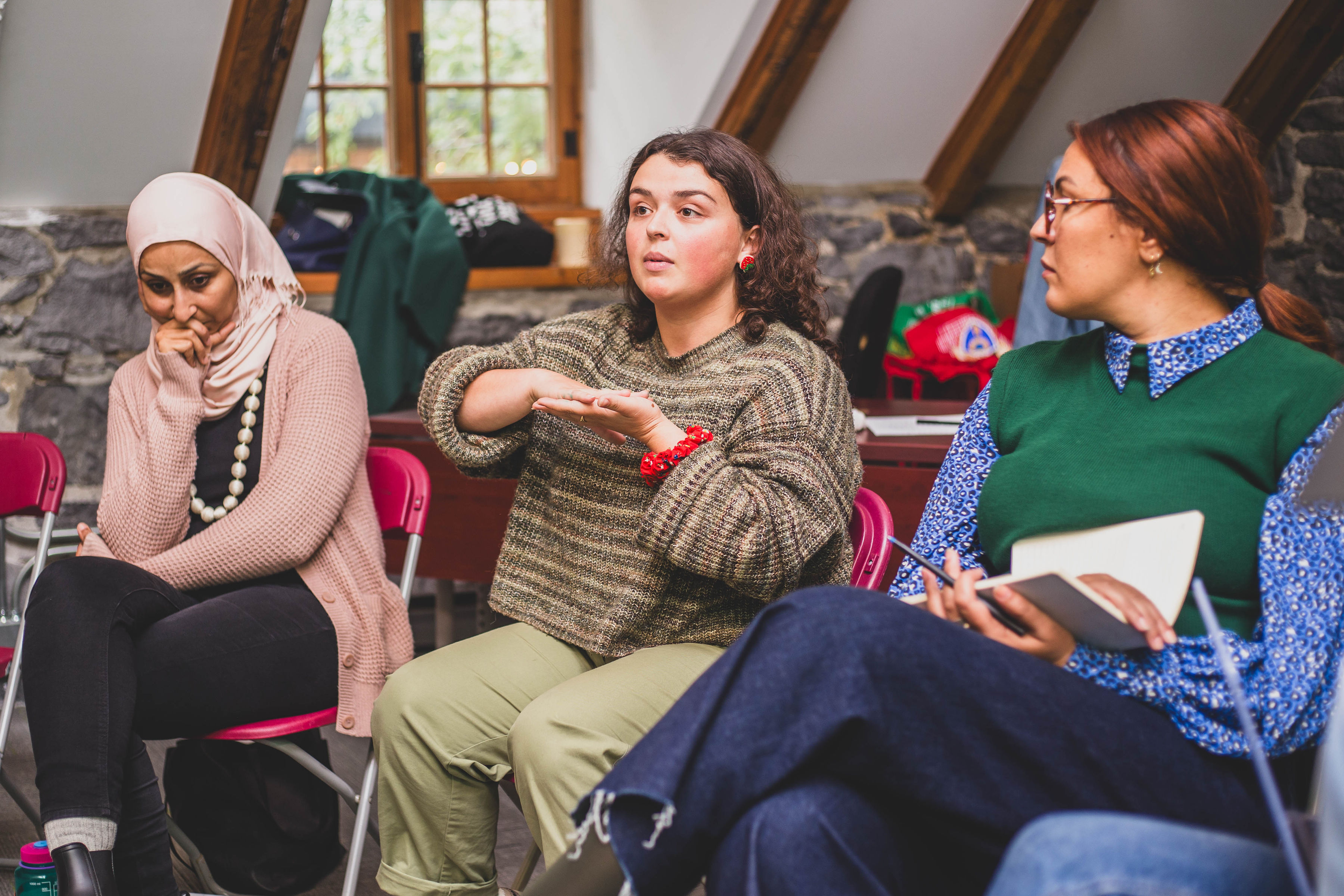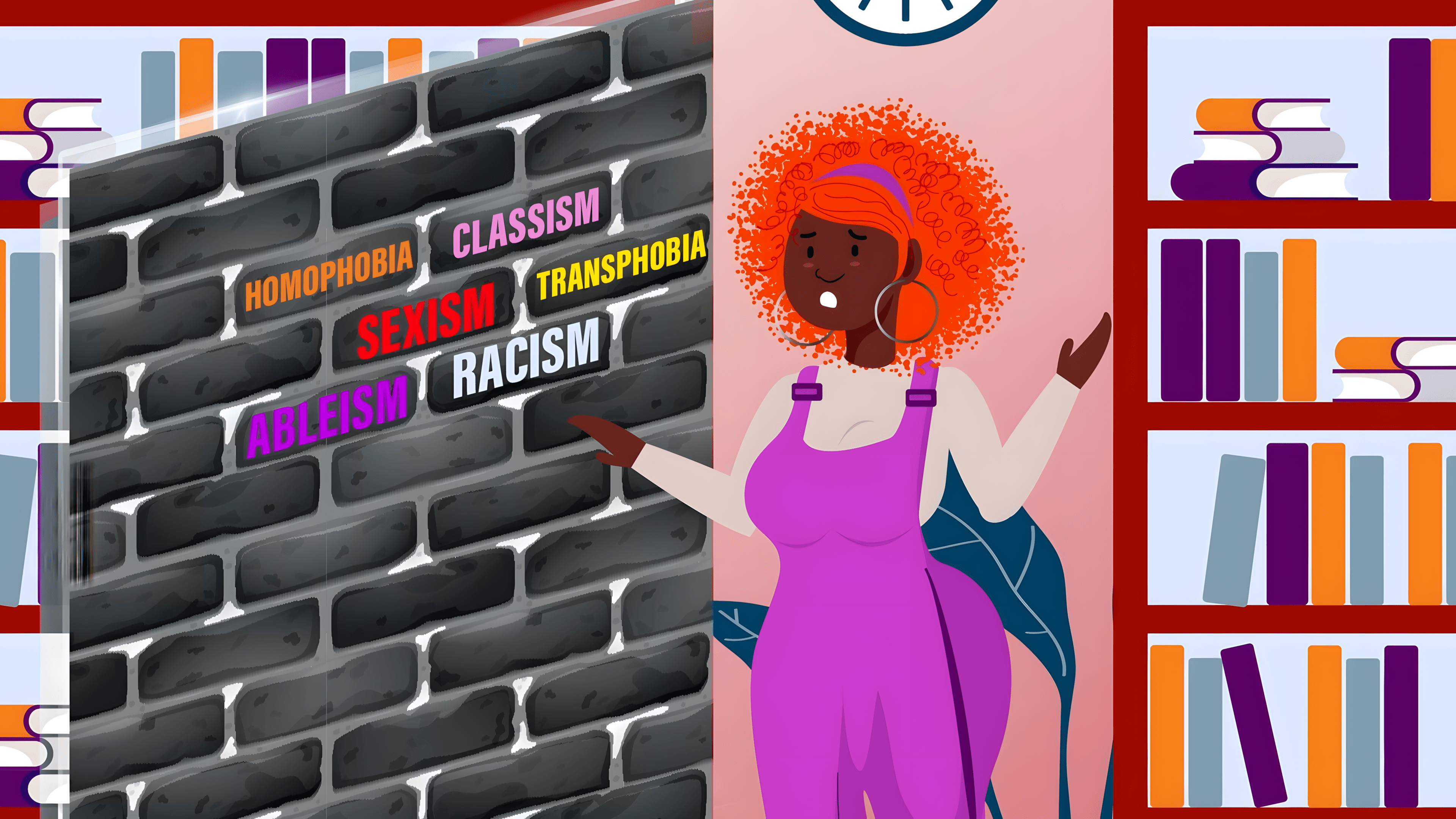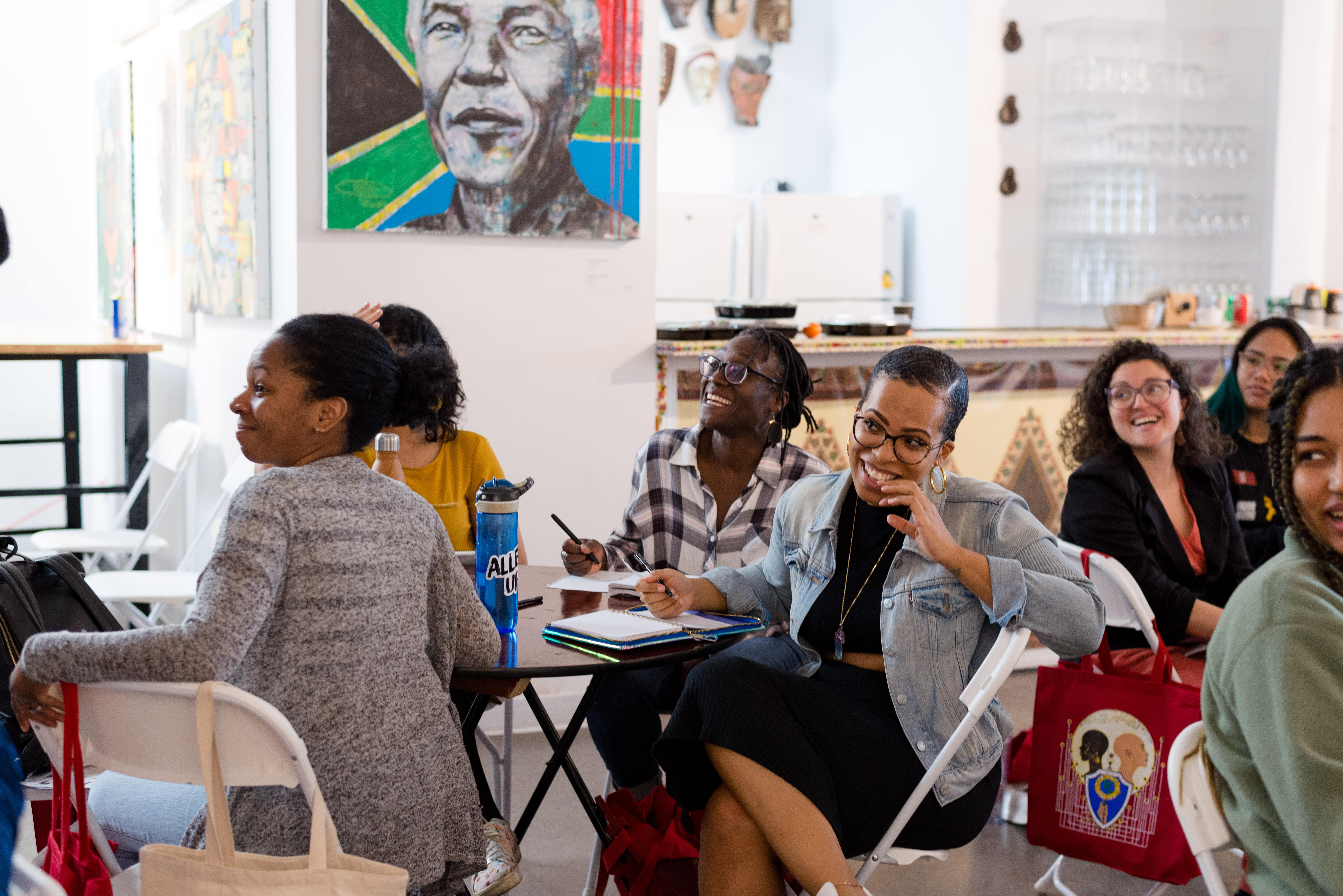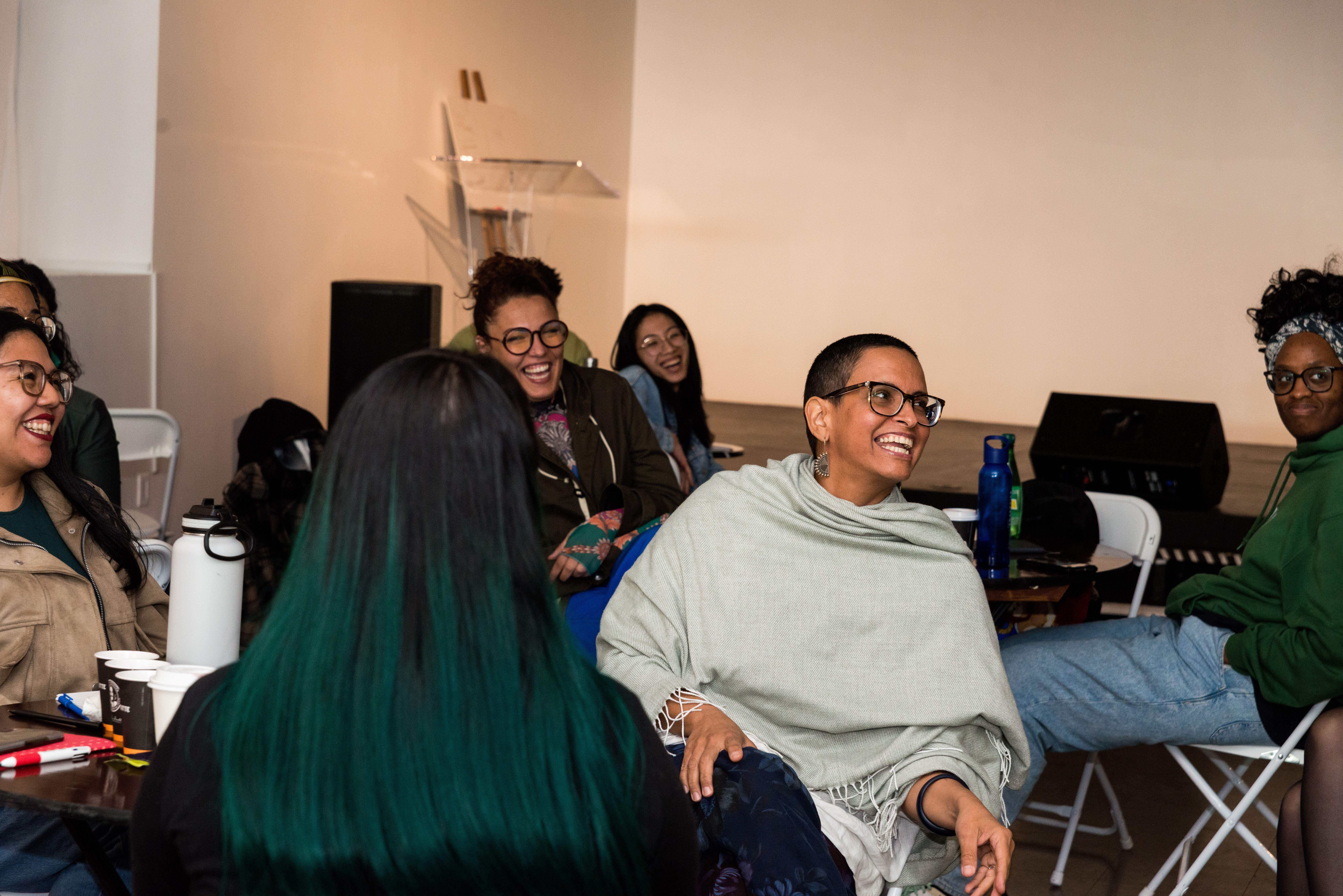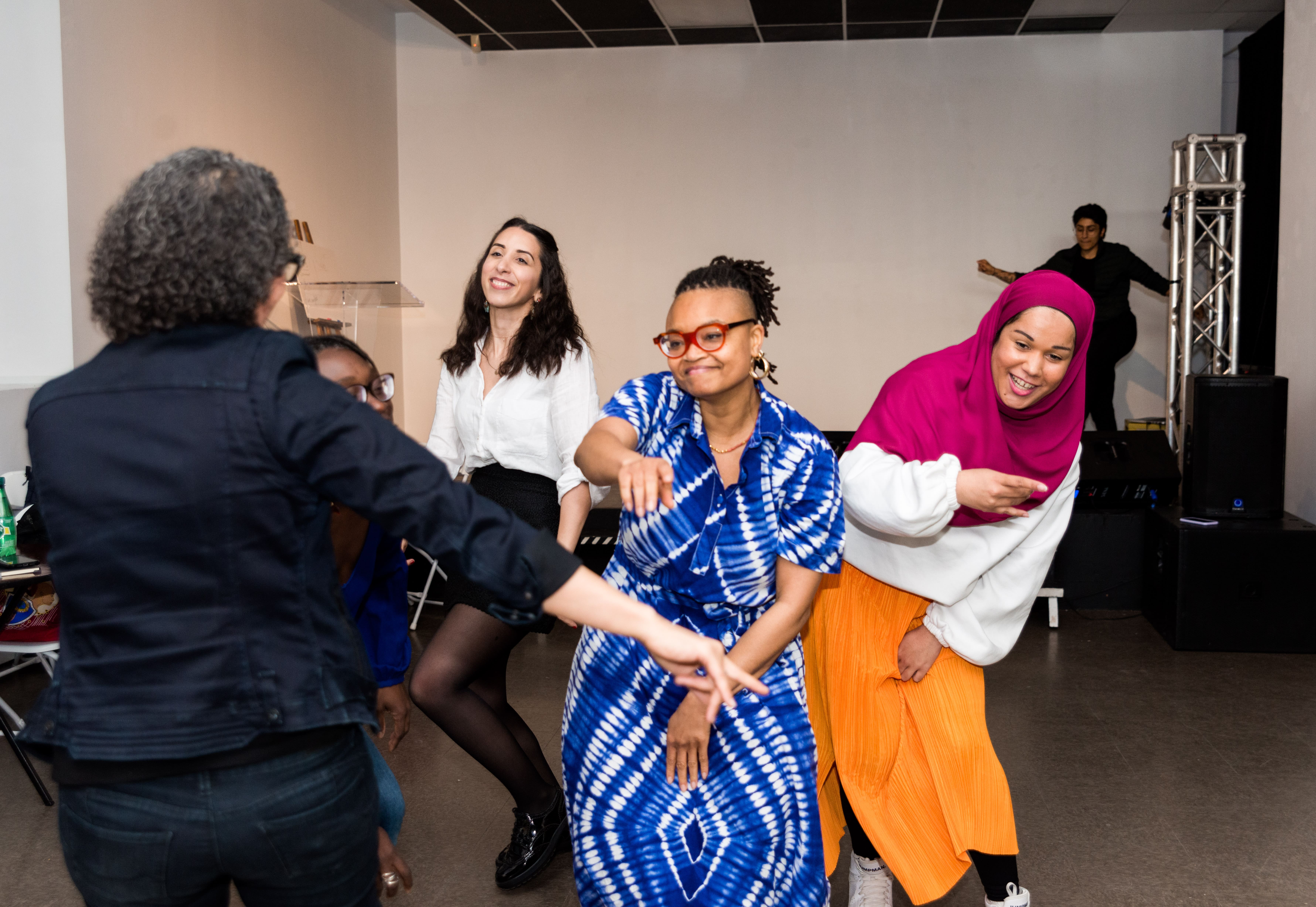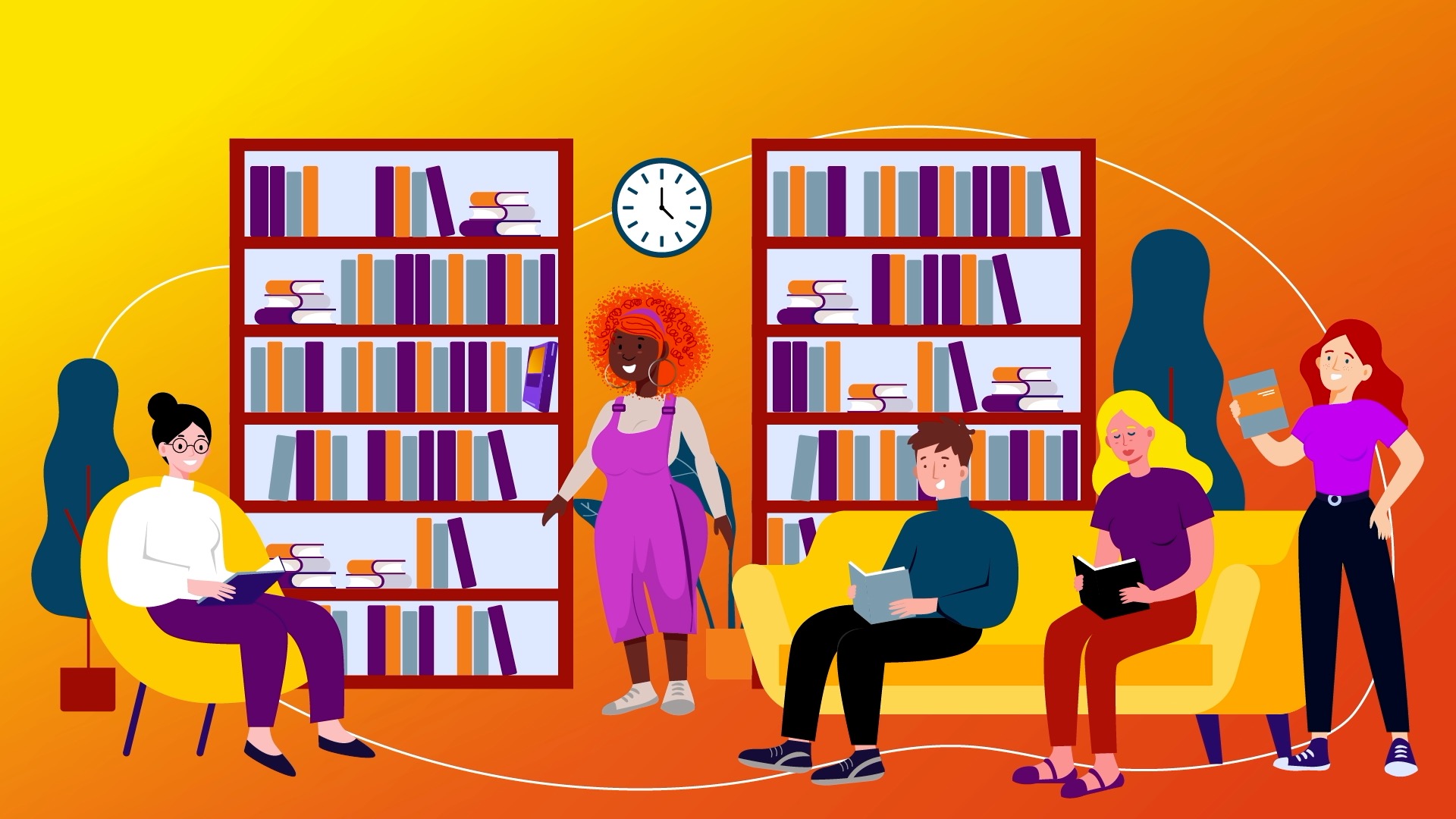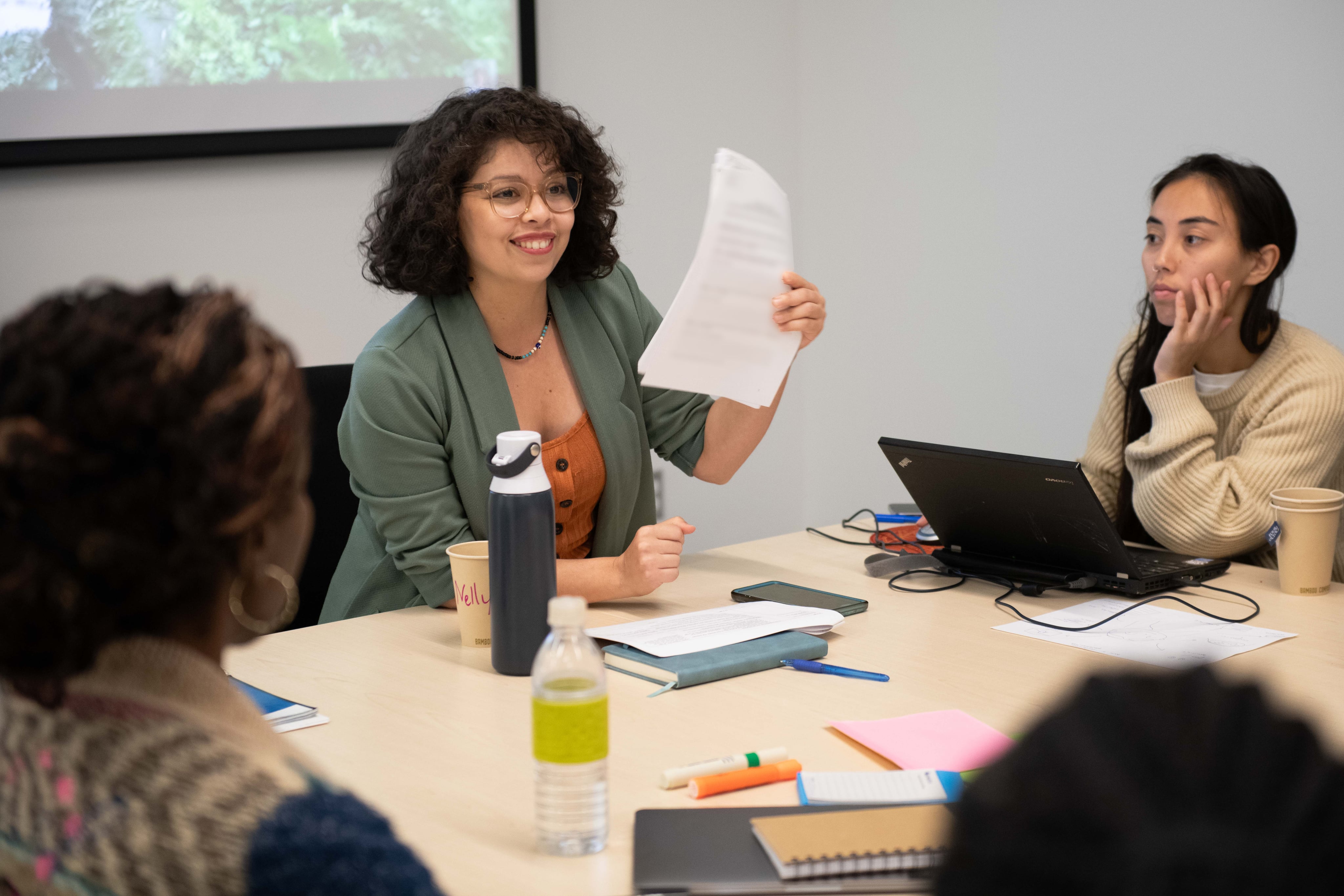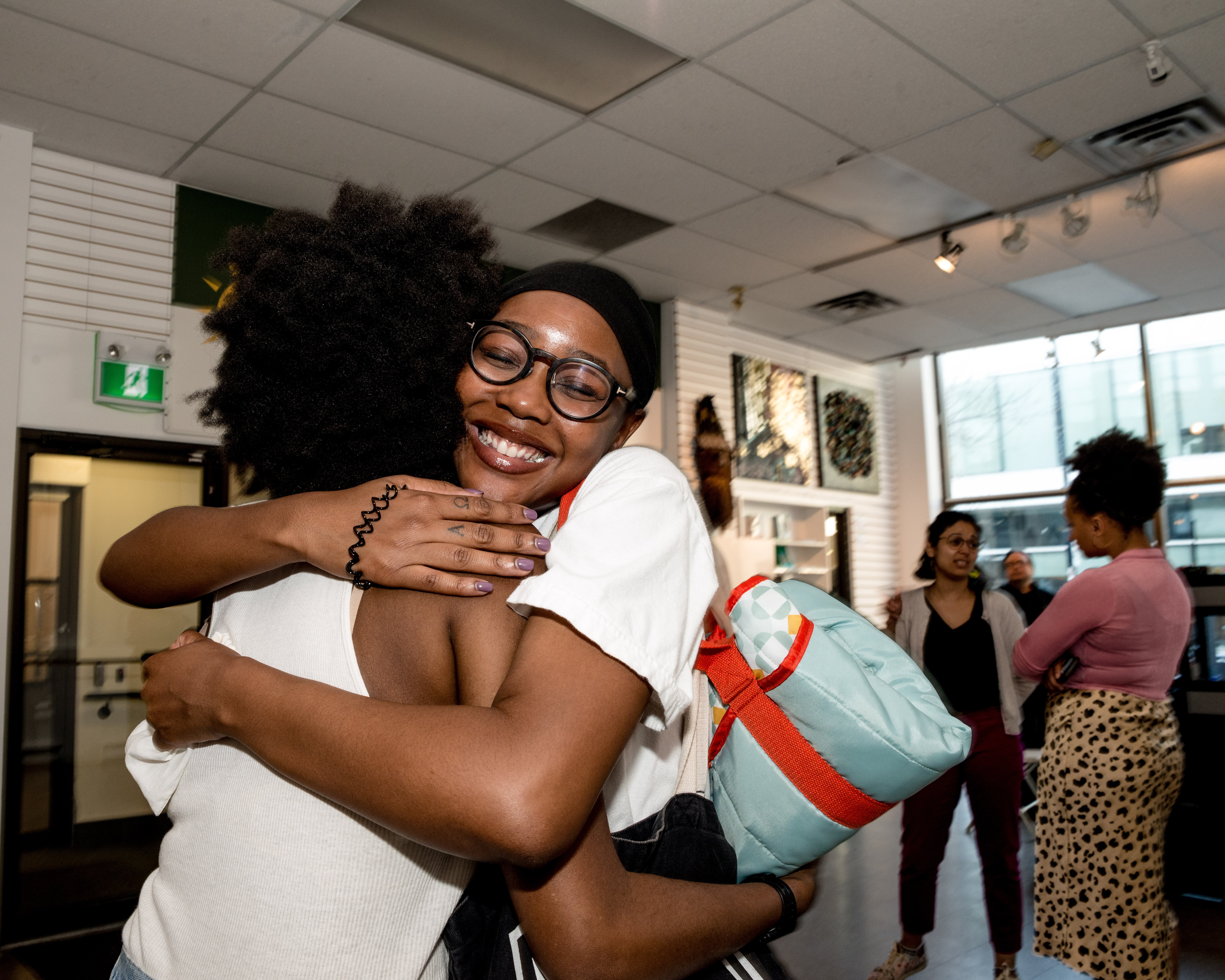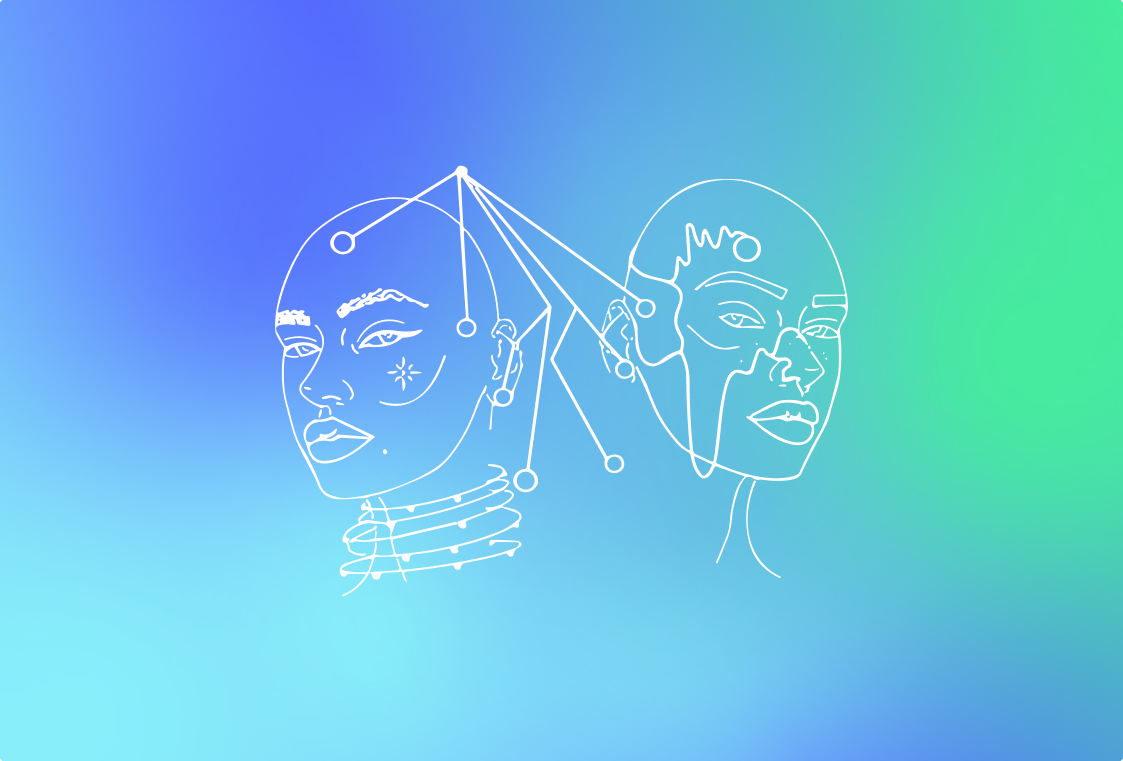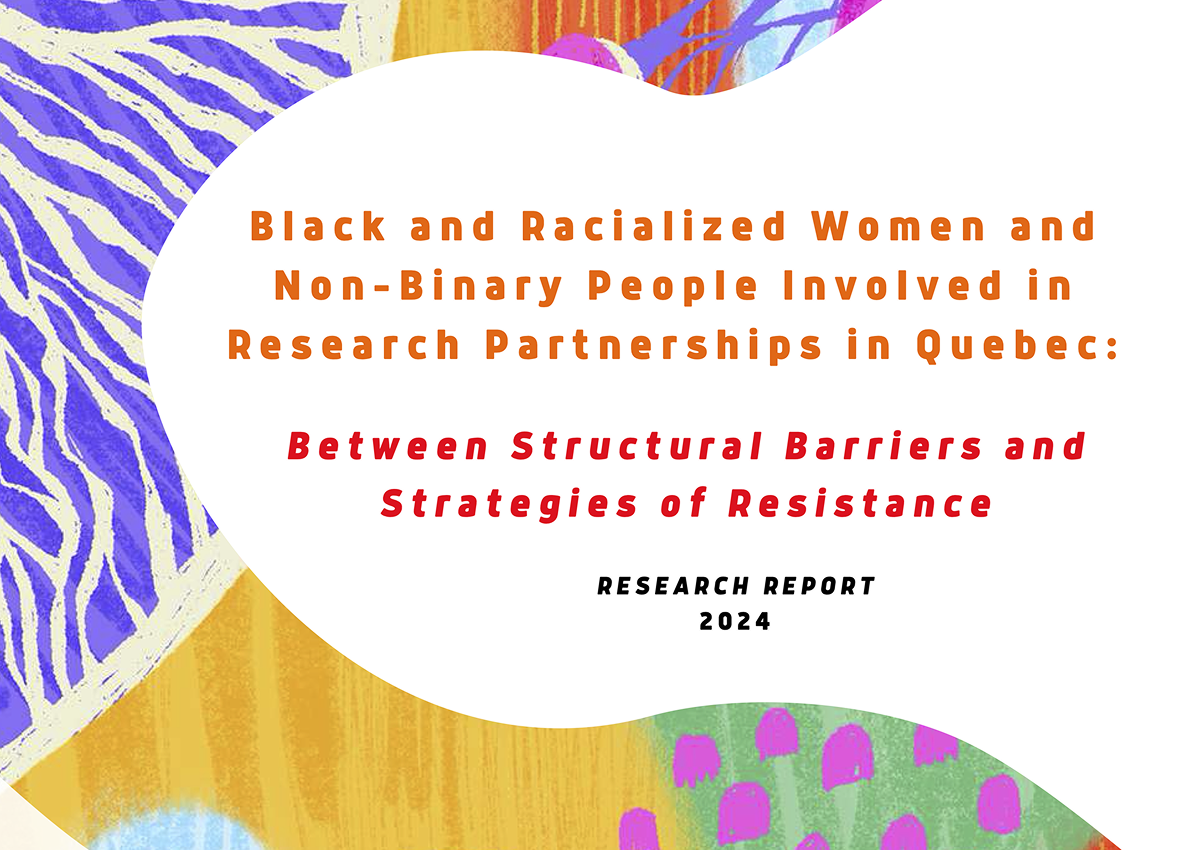Research By, For, and With: A Just and Ethical Methodology
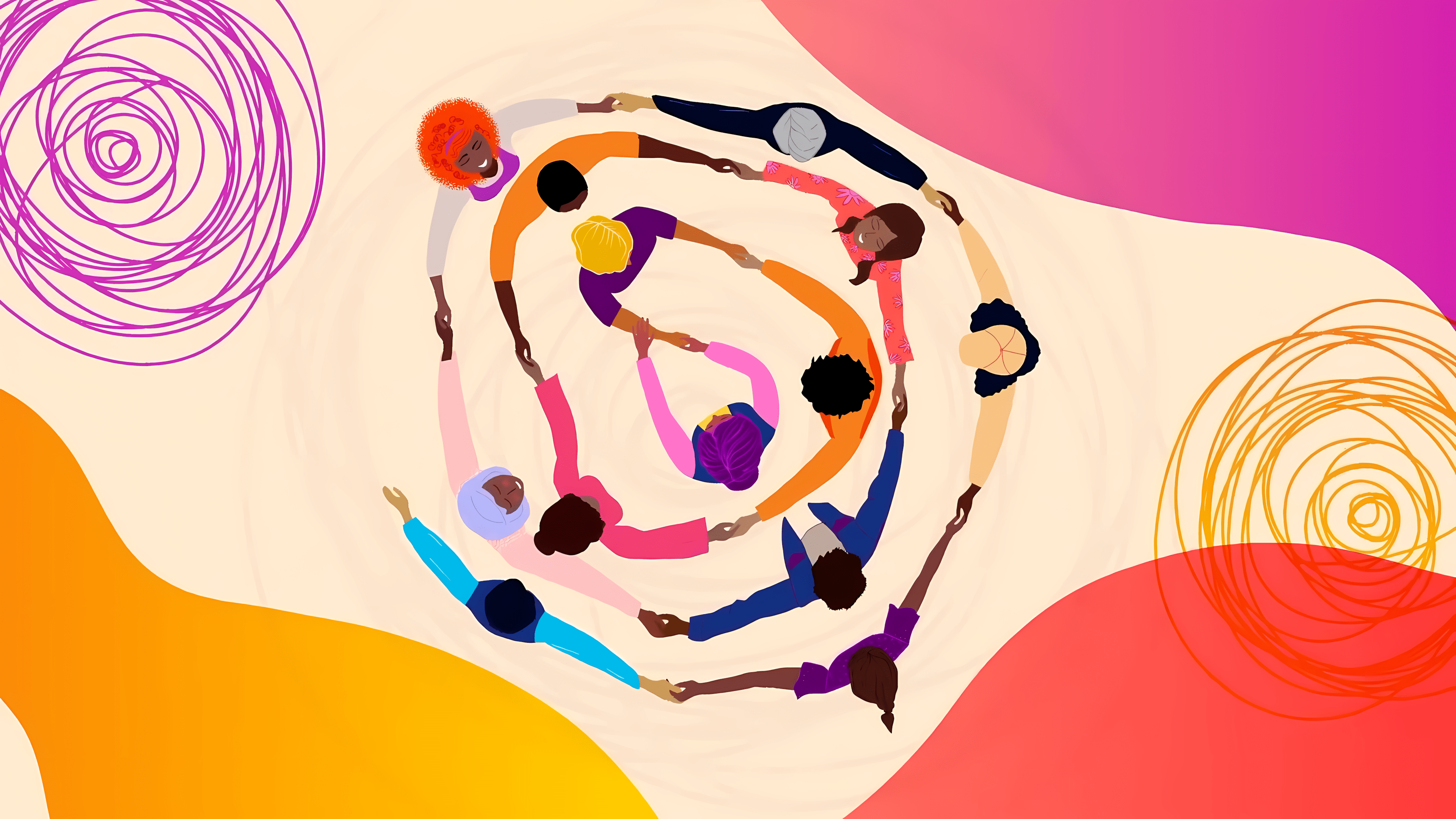
The third video highlights the need to transform research practices by adopting an approach rooted in long-term relationships, mutual respect, and recognition of community realities, needs, and knowledge. It underscores the importance of meaningful community involvement at every stage of the research process, fair compensation, acknowledgment of invisible labour, and tangible forms of support—including language accessibility and useable formats. In this vision, research becomes a relational and ethical practice, fundamentally different from extractive models.
Animation and Illustration: Alina Gutierrez M. (Visual Versa)
Script: Soraya Elbekkali
Scenario: Alina Gutierrez M. (Visual Versa), Maud Jean-Baptiste et Soraya Elbekkali
Narration: Adama Kaba
Some excerpts are drawn from testimonies in the PSRR report or from the reflective card game. These have been adapted and anonymized for outreach purposes.
Promotion des actrices racisées en recherche (PARR). (2024). Strategies in bloom: Cultivate your well-being in collaborative research (Reflective card deck - English version). A tool for raising awareness and self-reflection, based on the testimonials and transformation ideas shared as part of the PARR project.
The definition of epistemic injustice is taken from the PARR report, which quotes Godrie, B., Desrosières, E., & al. (2020). Les injustices épistémiques : vers une reconnaissance des savoirs marginalisés.


